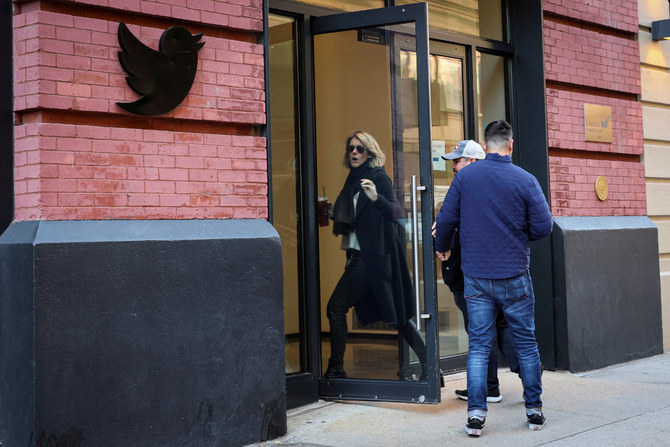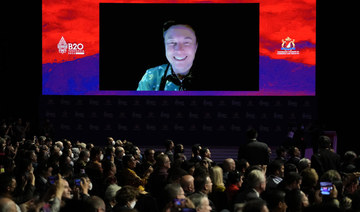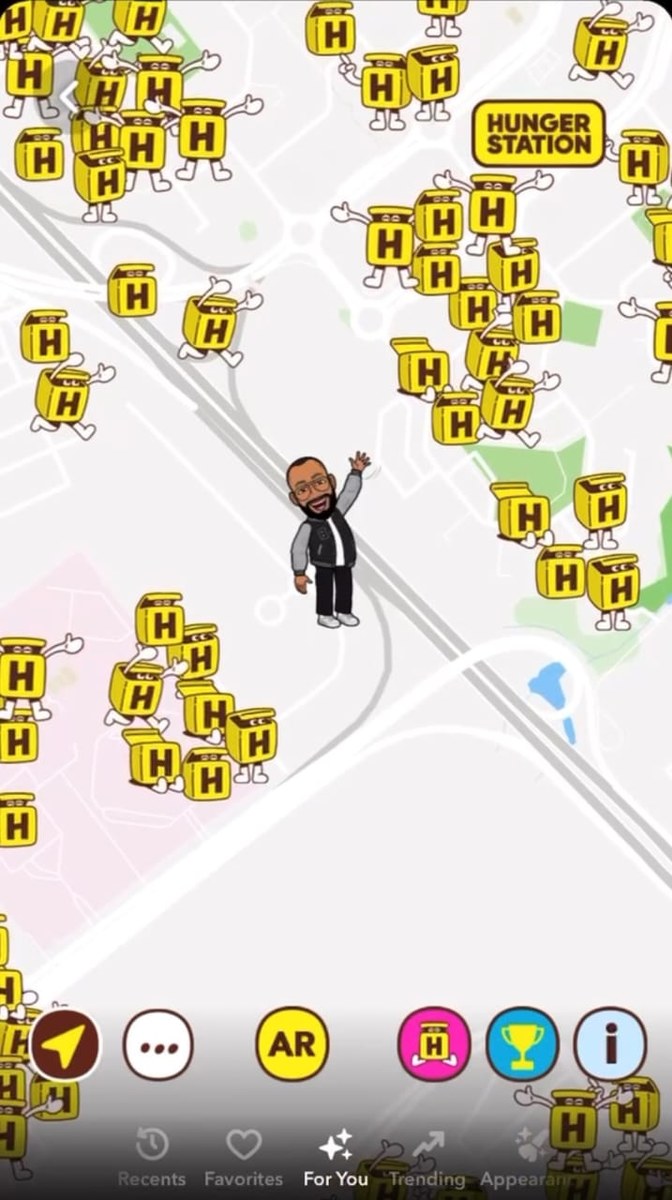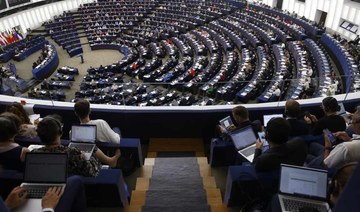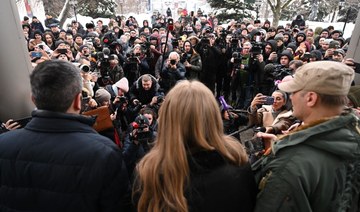Twitter continued to bleed engineers and other workers on Thursday, after new owner Elon Musk gave them a choice to pledge to “hardcore” work or resign with severance pay.
Some took to Twitter to announce they were signing off after Musk’s deadline to make the pledge. A number of employees took to a private forum outside of the company’s messaging board to discuss their planned departure, asking questions about how it might jeopardize their US visas or if they would get the promised severance pay, according to an employee fired earlier this week who spoke on condition of anonymity for fear of retaliation.
While it’s not clear how many of Twitter’s already-decimated staff took Musk up on his offer, the newest round of departures means the platform is continuing to lose workers just at it is gearing up for the 2022 FIFA World Cup. one of the busiest events on Twitter that can overwhelm its systems if things go haywire.
“To all the Tweeps who decided to make today your last day: thanks for being incredible teammates through the ups and downs. I can’t wait to see what you do next,” tweeted one employee, Esther Crawford, who is remaining at the company and has been working on the overhaul of the platform’s verification system.
Since taking over Twitter less than three weeks ago, Musk has booted half of the company’s full-time staff of 7,500 and an untold number of contractors responsible for content moderation and other crucial efforts. He fired top executives on his first day as Twitter’s owner, while others left voluntarily in the ensuing days. Earlier this week, he began firing a small group of engineers who took issue with him publicly or in the company’s internal Slack messaging system.
Then overnight on Wednesday, Musk sent an email to the remaining staff at Twitter, saying that it is a software and servers company at its heart and he asked employees to decide by Thursday evening if they want to remain a part of the business.
Musk wrote that employees “will need to be extremely hardcore” to build “a breakthrough Twitter 2.0” and that long hours at high intensity will be needed for success.
But in a Thursday email, Musk backpedaled on his insistence that everyone work from the office. His initial rejection of remote work had alienated many employees who survived the layoffs.
He softened his earlier tone in an email to employees, writing that “all that is required for approval is that your manager takes responsibility for ensuring you are making an excellent contribution.” Workers would also be expected to have “in-person meetings with your colleagues on a reasonable cadence, ideally weekly, but not less than once per month.”
As of 7 p.m. Pacific Time, the No. 1 topic trending in the United States was “RIPTwitter” followed by the names of other social media platforms: “Tumblr,” “Mastodon” and “MySpace.”
Twitter did not respond to a message seeking comment.



